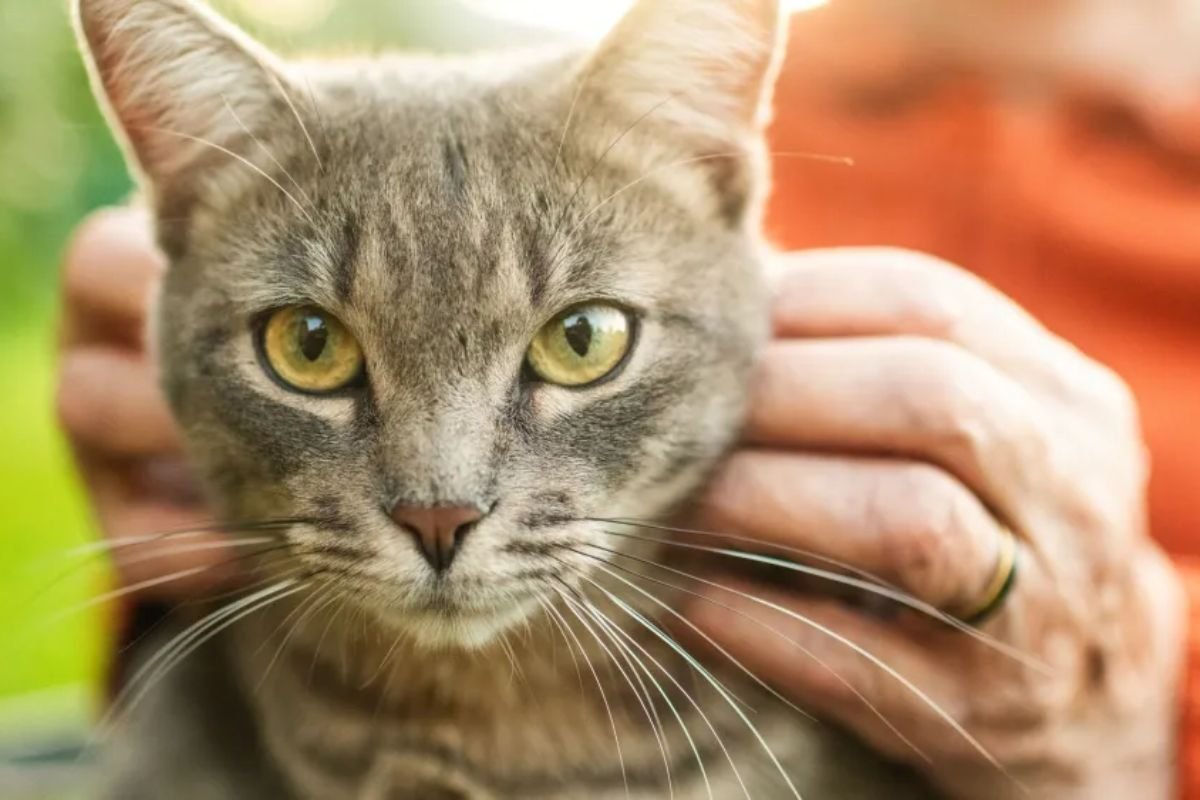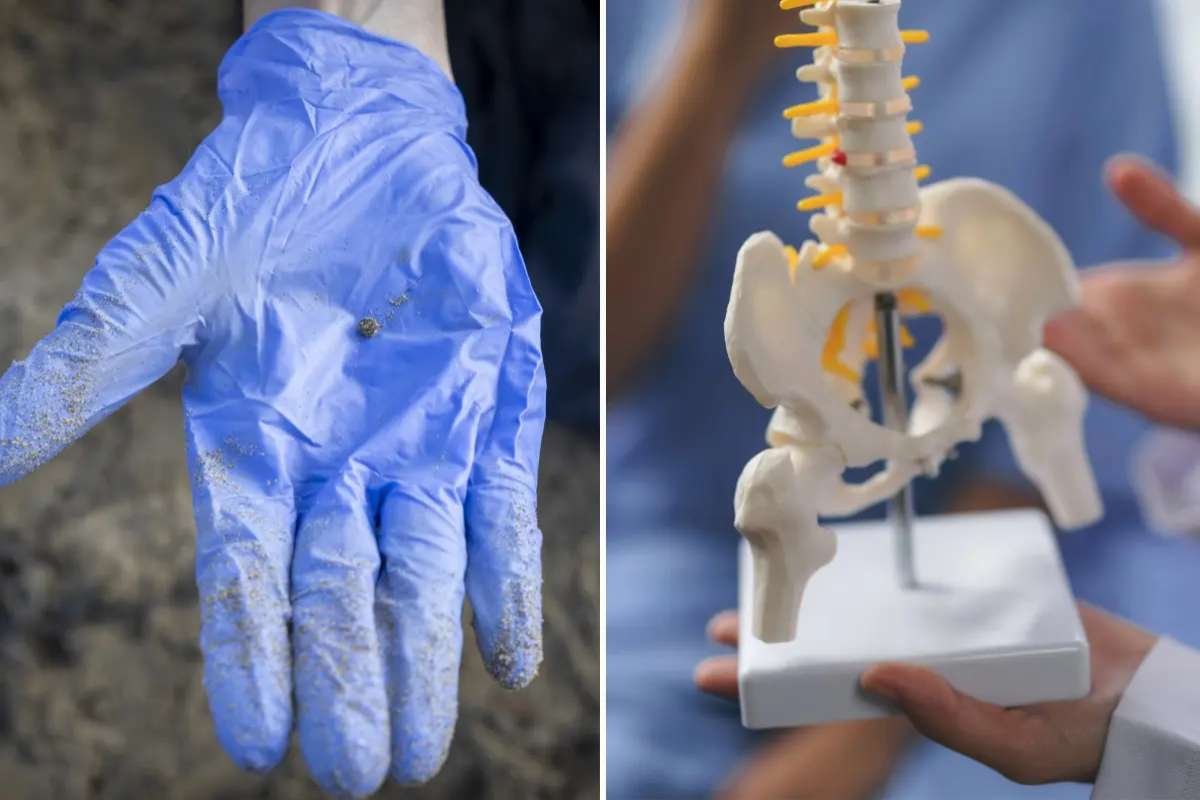Cats may develop cat dementia in a way strikingly similar to humans with Alzheimer’s disease, according to new research from the University of Edinburgh. The discovery could provide valuable insights into the condition and pave the way for new treatments benefiting both people and pets.
Researchers at the university’s Royal (Dick) School of Veterinary Studies examined the brains of 25 cats that had shown symptoms of dementia during their lifetimes, such as confusion, disrupted sleep, and increased vocalization. Post-mortem analysis revealed a build-up of amyloid-beta, a toxic protein and a hallmark feature of Alzheimer’s in humans, within their brains.
“This opens the door to exploring whether promising new treatments for human Alzheimer’s disease could also help our aging pets,” said Dr. Robert McGeachan, the study’s lead author. “Dementia is a devastating disease, whether it affects humans, cats, or dogs.”
A Natural Model for Alzheimer’s Disease
Microscopy images of older cats in the study showed amyloid-beta deposits concentrated in the synapses—the junctions that transmit signals between brain cells. Damage to these synapses is known to impair memory and cognitive function in humans with Alzheimer’s disease.
MRI scans revealed that cats with cat dementia had noticeable brain tissue loss compared with healthy feline brains. The team noted that, unlike genetically modified rodents used in previous Alzheimer’s studies, cats naturally develop these brain changes, making them potentially more accurate models for research.
“Because cats naturally develop these brain changes, they may offer a more accurate model of the disease than traditional laboratory animals,” McGeachan explained. “This could ultimately benefit both species and their caregivers.”
The study also identified changes in brain support cells, astrocytes and microglia, which appeared to engulf affected synapses. This process, called synaptic pruning, is a normal part of brain development but has been linked to cognitive decline when it occurs excessively in adulthood.
Implications for Feline and Human Health
The findings could help improve the understanding and management of feline dementia, a condition that remains underdiagnosed but is often distressing for both cats and their owners.
“Feline dementia is so distressing for the cat and for its person,” said Professor Danielle Gunn-Moore, a specialist in feline medicine at the University of Edinburgh. “It is by undertaking studies like this that we will understand how best to treat them. This will be wonderful for the cats, their owners, people with Alzheimer’s, and their loved ones.”
While the research does not offer an immediate cure, experts believe it could lead to better diagnostic tools and potential treatments for cat dementia across species. Given the similarities in pathology, experimental therapies developed for humans might be adapted for veterinary use, and vice versa.
A Shared Challenge
Alzheimer’s disease affects an estimated 6.7 million Americans aged 65 and older, according to the Alzheimer’s Association. The progressive neurological disorder leads to memory loss, confusion, and changes in behavior, eventually interfering with daily life.
Although no cure currently exists, recent advances, including drugs designed to slow amyloid-beta accumulation, offer cautious optimism. The University of Edinburgh team hopes that studying naturally occurring cat dementia in cats could accelerate progress.
For pet owners, the research underscores the importance of monitoring behavioral changes in older cats, such as increased disorientation, vocalization, or changes in sleep patterns. Early veterinary assessment could improve quality of life and potentially extend the healthy years of senior pets.
“Ultimately, the more we understand about cat dementia in any species, the closer we get to finding effective ways to treat it,” McGeachan said.







